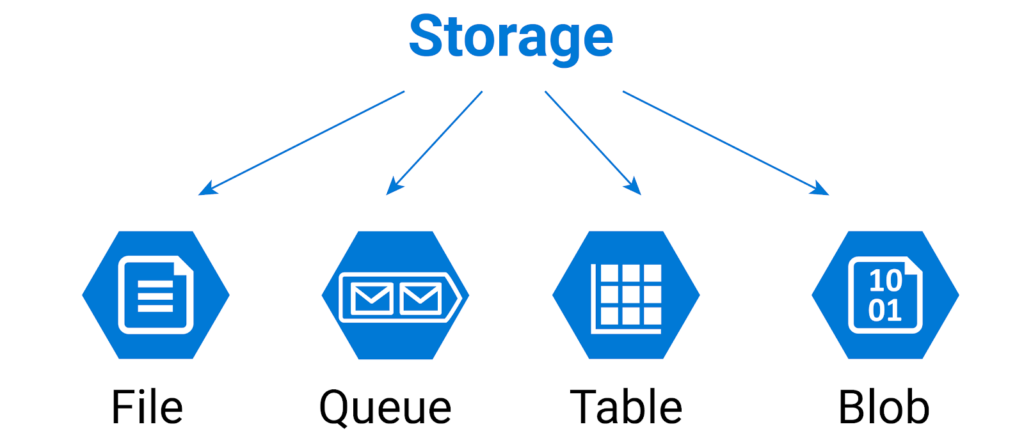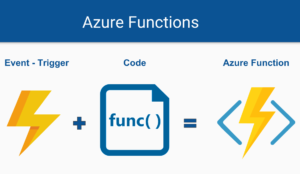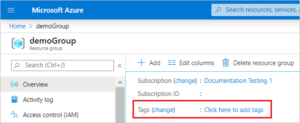In today’s digital age, data storage is a critical need for organizations of all sizes. Cloud adoption has revolutionized the way we store and access our data. In this context, Azure Storage Account has emerged as a leading cloud solution from Microsoft, offering a reliable and scalable platform for storing and managing data.
In this article, we’ll explore the key features and benefits of Azure Storage Account, and how it can help businesses get the most out of their cloud storage.
Introduction to Azure Storage Account
Azure Storage Account is a cloud service that provides a highly available and secure storage solution for a wide variety of workloads. It offers several storage services, such as Blob Storage, File Storage, Queue Storage, and Table Storage, each designed to meet specific needs. Azure Storage Account integrates seamlessly with other Azure offerings, making it easy to deploy and manage within the Microsoft cloud ecosystem.
Key benefits of Azure Storage Account
Scalability and availability
One of the main advantages of Azure Storage Account is its ability to scale up and down based on business needs. You can store anywhere from a few gigabytes to several petabytes of data, without worrying about the underlying infrastructure. Additionally, Azure Storage Account automatically replicates data to multiple locations to ensure availability and durability.
Choice of redundancy
Azure Storage Account offers redundancy options to ensure the availability and durability of stored data. Options include:
- Locally Redundant Storage (LRS) : Replicates data synchronously in a single data center. It is a cost-effective option, but may not be suitable for applications with high availability requirements.
- Zone Redundant Storage (ZRS) : Synchronously replicates data across multiple data centers within a single Azure region. Provides greater resistance to failures, which ensures higher availability.
- Geo Redundant Storage (GRS) : Replicates data synchronously in a primary region and asynchronously in a secondary region, located hundreds of kilometers away. Offers maximum durability and availability for data.
Choosing the right redundancy will depend on your application goals in terms of availability, durability, and cost.
Performance and scalability
To ensure optimal performance and efficient scalability, consider the following recommendations:
- Partitioning: Distribute your data across partitions to improve read and write performance. Choose the right partition keys and avoid hotspots that can degrade performance.
- Cache: Uses the caching feature to reduce latency and improve performance. Azure provides caching options at both the client level and the server level.
- Use of CDNs: Consider using the Azure Content Delivery Network (CDN) to deliver static content across a global network of servers, which will improve speed of delivery and improve user experience.
- Auto Scaling : Set up auto-scaling to increase or decrease storage capacity based on demand. This ensures optimal performance and reduces unnecessary costs.
Robust security
Data security is a primary concern for any organization. Azure Storage Account offers a wide range of security measures, such as encryption at rest and in transit, controlled access through access keys and access policies, as well as real-time threat detection and prevention. These features allow companies to keep their data secure and meet regulatory compliance requirements.
Security is a major concern when it comes to cloud storage. Be sure to follow these best practices:
- Secure access: Set up secure access to your data using Azure Active Directory (Azure AD) and role-based authentication (RBAC). Limit access to only the necessary people and apps.
- Data encryption : Always use encryption at rest for your data. Azure Storage Account provides automatic and managed encryption options.
- Access Control: Implement account-level and resource-level access policies to control who can access and perform operations on your data.
- Monitoring and logging: Use Azure tools to monitor access and operations on your storage account. Set up alerts and log audits to detect any suspicious activity.
Integration with other Azure services
Azure Storage Account natively integrates with other Azure services such as Azure Functions, Azure Logic Apps, and Azure Machine Learning. This makes it easy to build complete solutions and incorporate advanced functionality such as real-time data processing, predictive analytics, and workflow automation.
Types of storage
Azure Storage Account offers several types of storage, each designed for a specific purpose. Before creating a storage account, it’s important to understand the following types:
- Blob Storage : Ideal for storing large amounts of unstructured data, such as images, audio and video files. Data can be accessed efficiently using a URL.
- File Storage: Perfect for sharing files over the network using the SMB (Server Message Block) protocol. Allows simultaneous access from multiple virtual machines (VMs) and offers support for advanced security features.
- Table Storage: A NoSQL service that offers storage of structured and semi-structured data. It is suitable for storing large volumes of non-relational data and accessing it using row and partition keys.
- Queue Storage: Provides a reliable message queue to facilitate communication between components of distributed applications. It is especially useful for achieving component decomposition and scalability.
Choosing the right type of storage is critical to meeting the specific needs of your application.
Use cases
Storing Files and Objects
Azure Blob Storage is ideal for storing unstructured files such as images, videos, documents, and log files. Developers can access these objects from anywhere in the world and take advantage of advanced features such as lifecycle management to reduce costs and optimize performance.
Collaboration and file sharing
Azure File Storage provides a shared file system in the cloud, making it a great option for collaborating on projects and sharing files with internal and external users. Users can access these files through standard protocols such as SMB (Server Message Block) and take advantage of snapshot and restore features to ensure data integrity.
Messaging and queue processing
Azure Queue Storage enables queued message submission and processing, which is useful for building distributed systems and decoupling components. Queued messages can be used to manage asynchronous tasks, implement event systems, and coordinate processing between services.
Structured data storage
Azure Table Storage is a NoSQL storage solution that allows you to store large volumes of structured data, such as sensor data, logs, and metadata. It can scale efficiently and supports fast queries using indexes and partitions, making it easy to manage and access large data sets.
Conclusion
Azure Storage Account is a powerful and versatile cloud storage solution that gives organizations the ability to efficiently store, manage, and protect their data. With its scalability, availability, robust security, and tight integration with other Azure services, Azure Storage Account becomes an attractive option for businesses that want to take advantage of the benefits of the cloud.
Whether it’s storing files and objects, enabling collaboration, or processing queued messages, Azure Storage Account offers a complete and reliable solution for any organization’s cloud storage needs.





